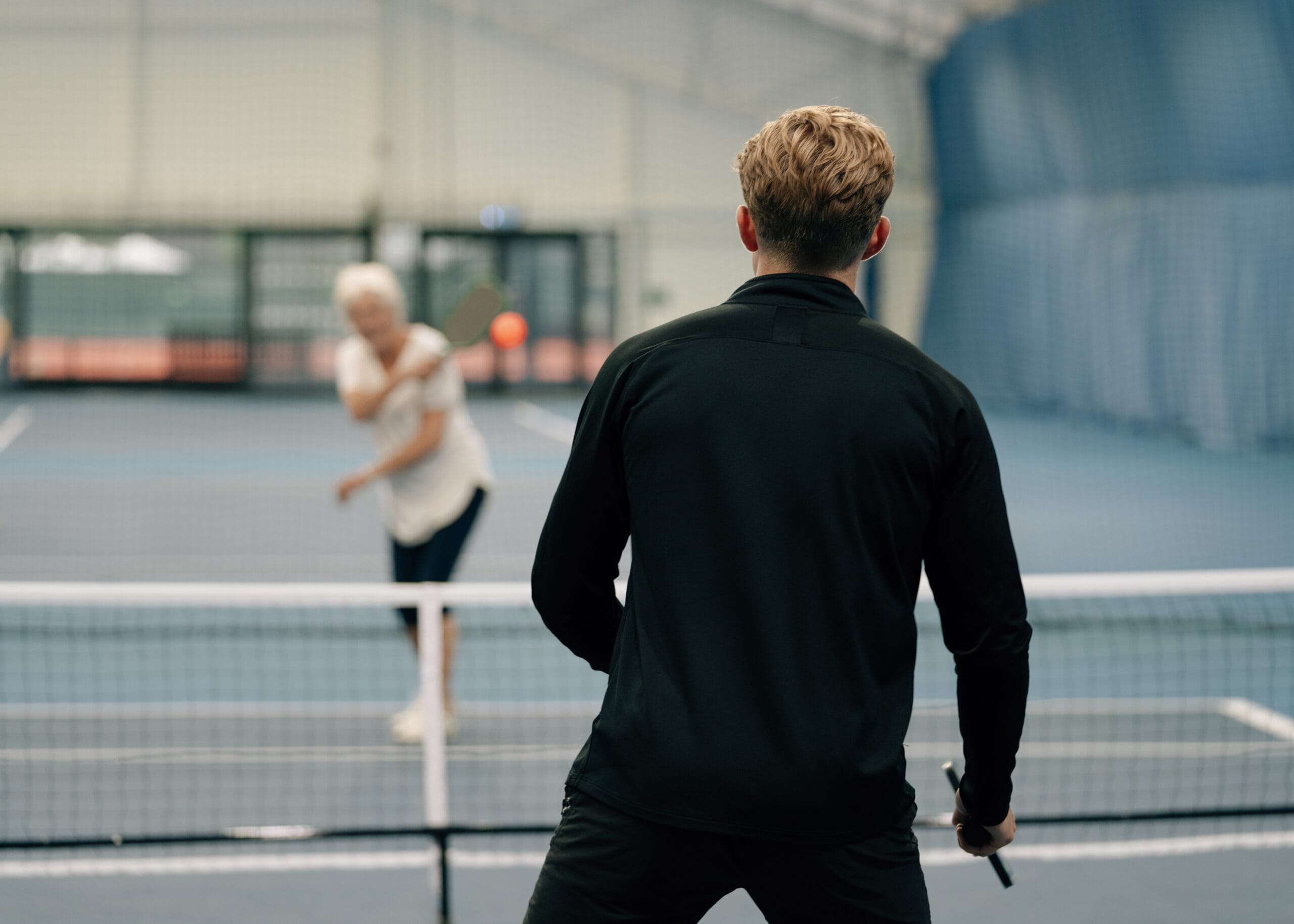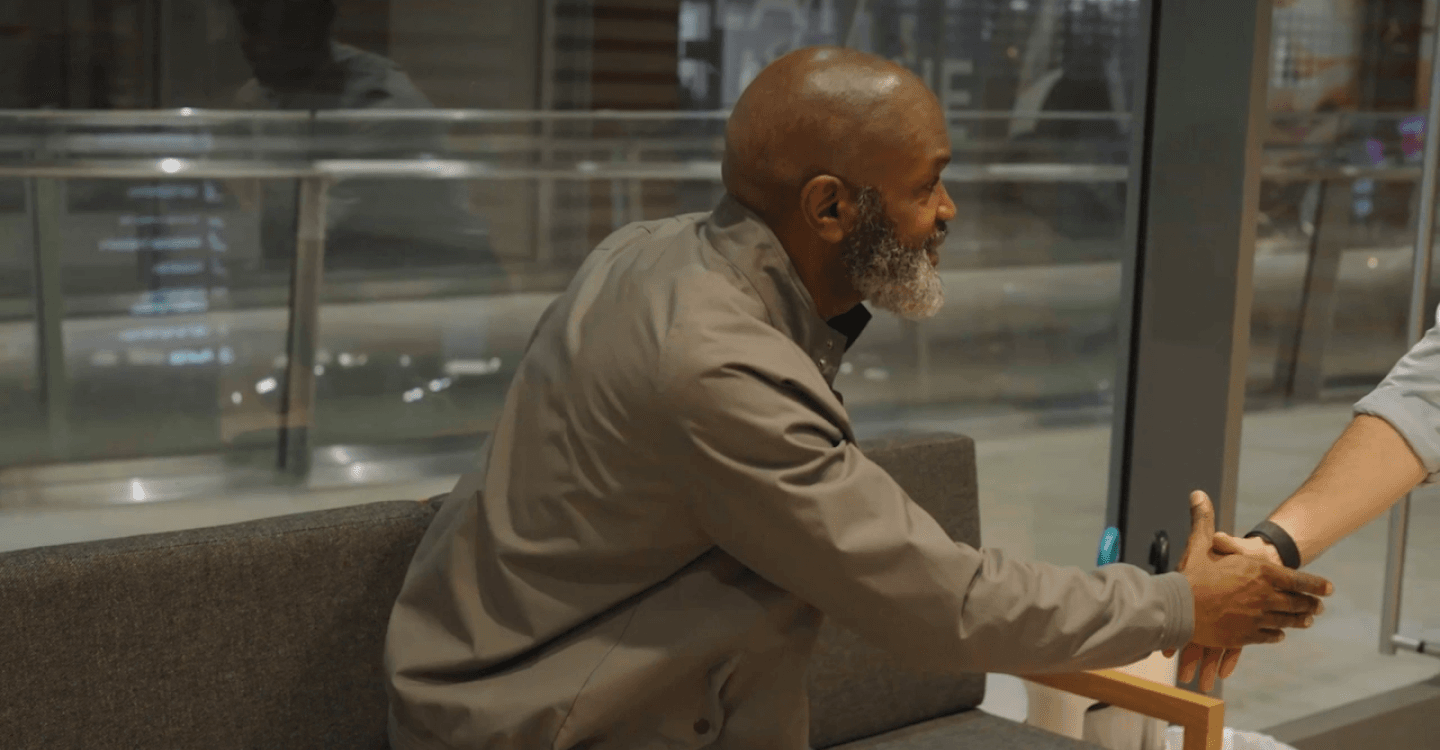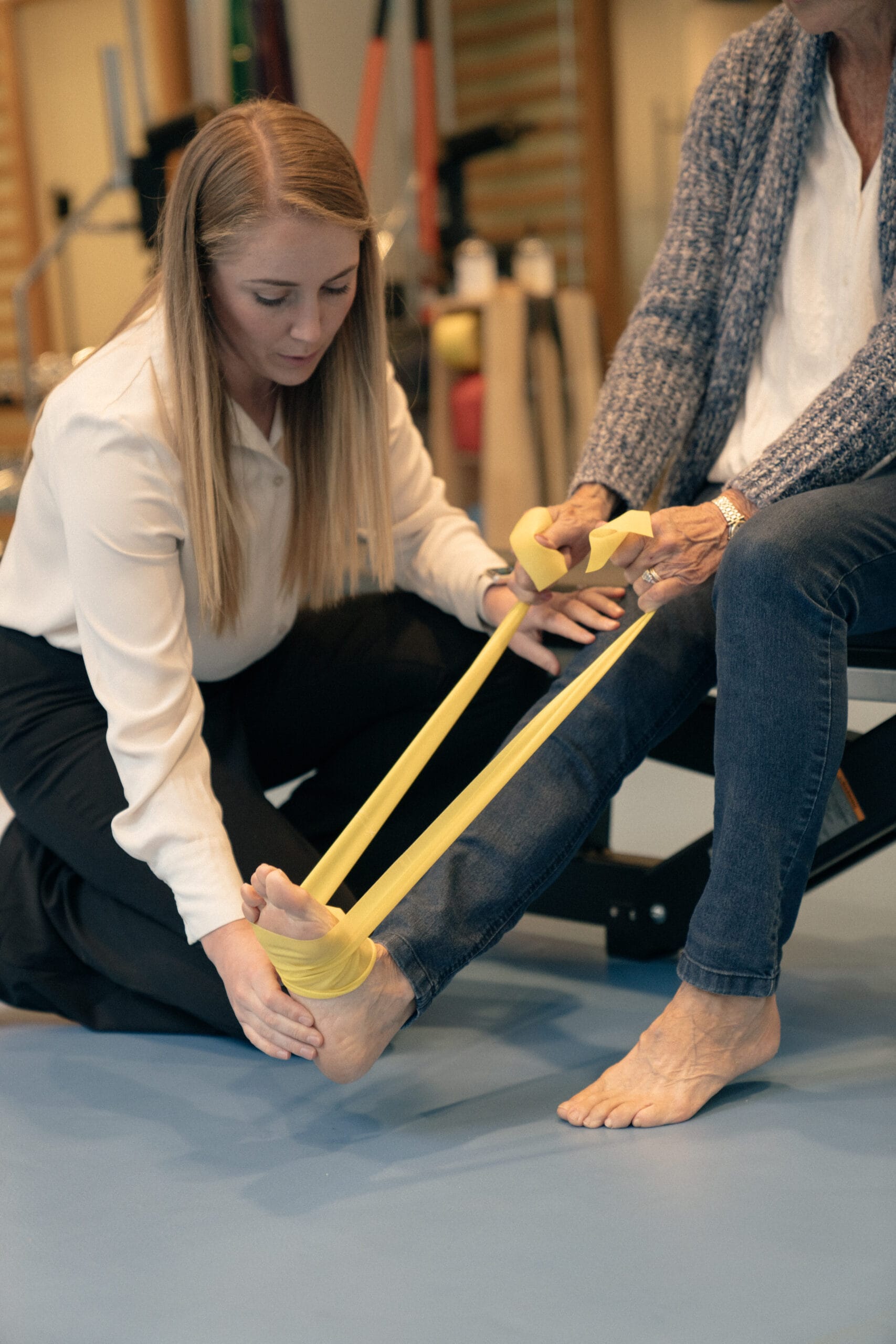Why Prehab (Preventive Rehabilitation) is Important

Claire Small
Chief Clinical Officer & Consultant Physiotherapist
- 21 September, 2018
- Rehabilitation
- 3 min read
When you’ve seen Roger Federer float effortlessly around the tennis court or Serena Williams return to competitive play after her first baby, your first thought was unlikely about what they do off the court to ensure they stay on it – injury free – but you can be certain Prehab is playing a key part in their routine.
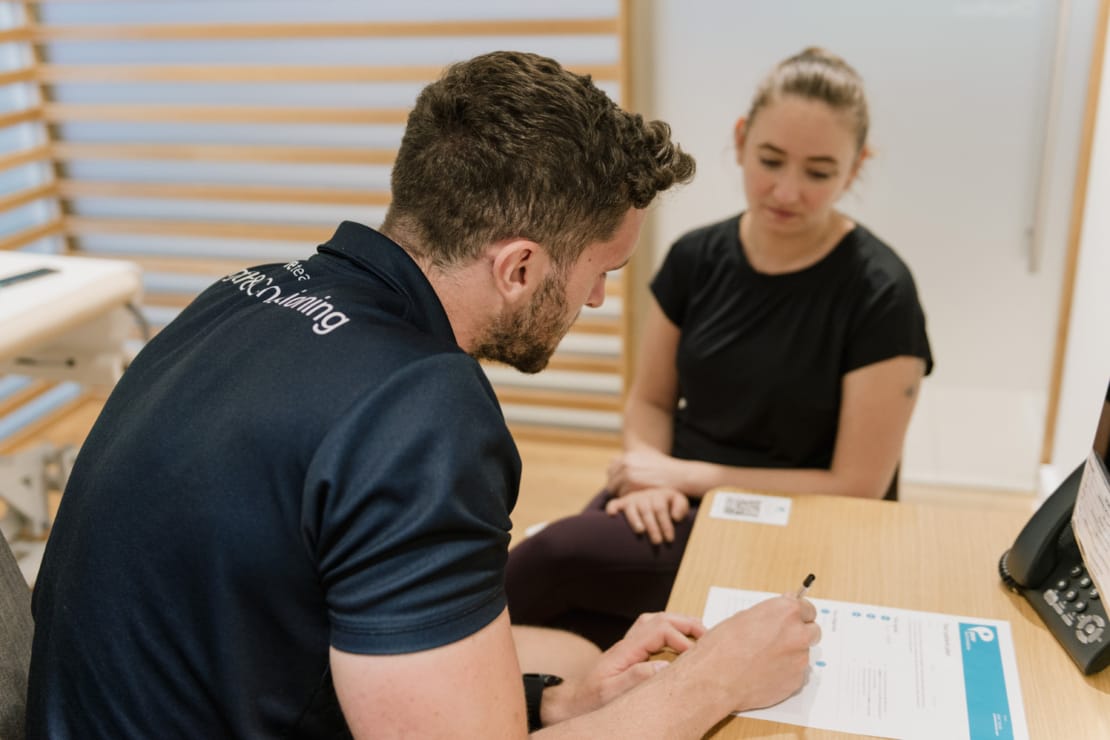
Let’s get one thing straight. Prehab is not a Warm-up.
A warm-up is a series of exercises you undertake before sports and exercise to ensure your muscles are ready to contract and relax at speed. The effects of a warm-up programme are designed to be immediate and its aim is primarily to prevent traumatic injuries like sprains and strains.
In contrast, Prehab is a programme you perform on a regular basis, 2-3 times per week. It is about identifying areas of vulnerability for injury in an individual due to weakness, imbalance and altered biomechanics.
Who can benefit from Prehab?
The comeback kids
Those who have sustained a previous injury, have returned to activity and want to minimise their chances of having another injury.
Weekend warriors and team players
Those people who undertake regular sport and activity that makes them vulnerable to injuries associated with overuse and misuse of their body. This includes people training for endurance activities or people who play 1 sport more than 2-3 times a week as a hobby while undertaking a desk-based job the rest of the week. The people we commonly see are training for playing rugby, football or tennis.
Primed and ready
Those who are considering surgery and want to give themselves the best chance of a successful outcome. Anyone considering a hip or knee replacement, anterior cruciate ligament (ACL) surgery, a hip or knee arthroscopy or shoulder surgery for a cuff repair should undertake a Prehab programme to maximise their muscle strength and control.
The stronger muscles are prior to surgery, the quicker the recovery afterwards, and, in some cases, the effect of the programme eliminates the need for the surgery!
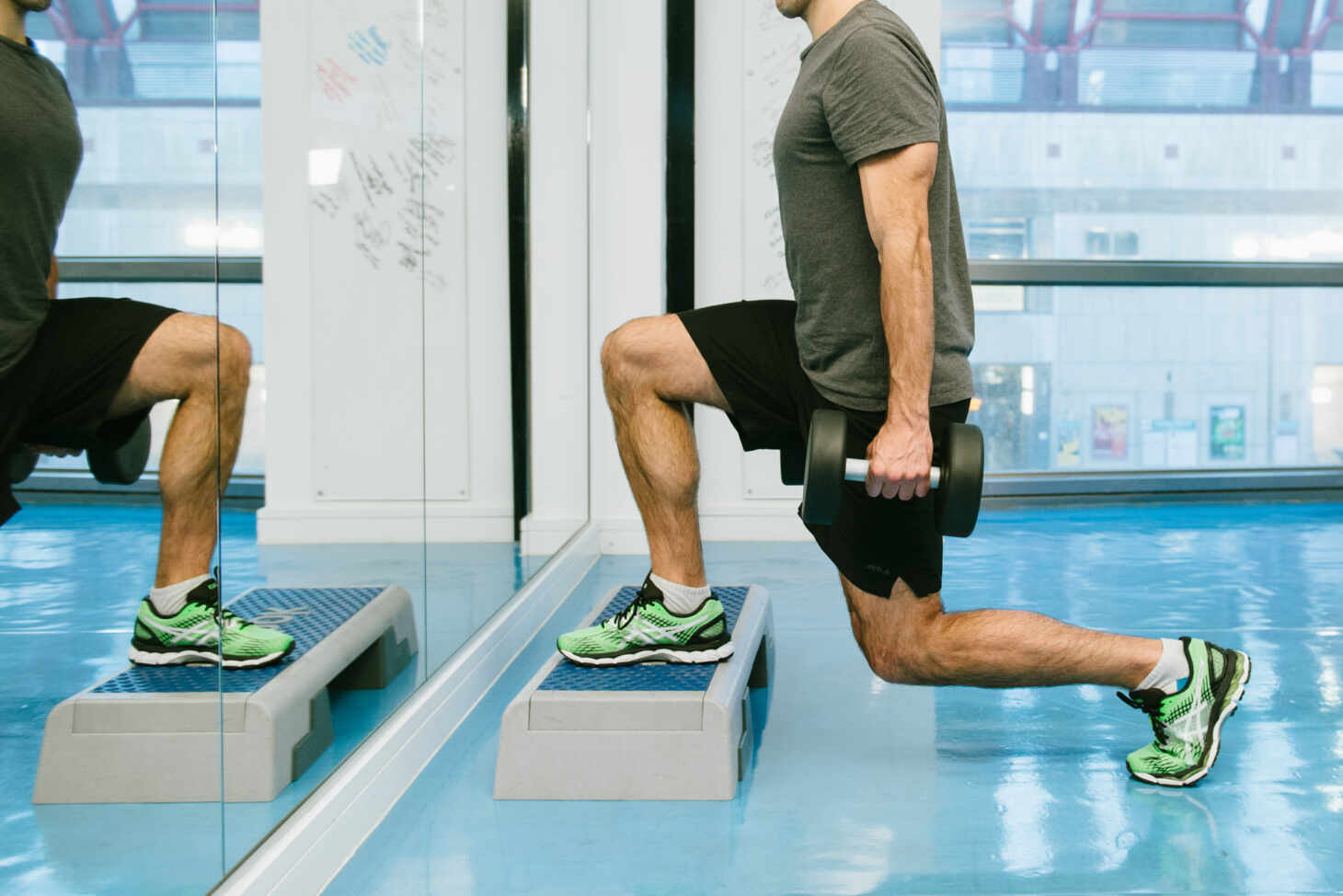
What is a Prehab programme?
A Prehab programme is a series of exercises designed specifically for each individual. They are generally designed to prevent overuse injuries. Overuse injuries occur over time and start off as subtle niggles and pains before increasing in frequency and intensity. These symptoms are often ignored or dismissed by people. It is not uncommon to hear people say “I thought I could run it out” or “I just ignored it for a while, thinking it would settle down”. They are the result of repetitive micro-trauma to the tendons, bones, and joints caused by excessive stress or strain on certain areas of the body.
Common examples include shoulder pain in swimmers and tennis players, tennis elbow, Achilles tendon problems, shin splints, stress fractures of the bones and low back pain. Ironically – they often occur if an individual has not undertaken an effective rehabilitation programme after an injury leaving them vulnerable to re-injury of the same area or joints above and below which are now coping with more stress and strain.
There are some generic Prehab programmes about, specifically the FIFA 11+, which is designed to prevent injury in young Footballers, but there are few generic programmes for adults that are specific to certain activities or injuries.
At Pure Sports Medicine there are several steps in the process of designing a Prehab programme:
1. Identifying your sport, activity and goals
This ensures we book you in to see the right clinician – someone who knows your sport, understands the injury risks, the requirements from your body and what is key to performing at your best.
2. An individual assessment
A personalised assessment of your training program and goals, followed by an assessment of your functional abilities like flexibility, balance, movement control, strength and endurance will highlight areas of vulnerability in your body and allows the clinician to construct a programme to address these areas.
3. Programme implementation
Your clinician will take you through each step of your programme, explaining the rationale for every exercise so you understand why it is important, where you should feel your body working and how to do the exercise correctly. Good technique is essential which is why we spend an hour teaching the exercises and reviewing the programme.
4. Programme review
To ensure your level of performance improves and your programme adjusts to changing demands, all Prehab programmes are reviewed at 12 weeks.
All of these assessments are an hour long. A follow-up appointment is required to review the programme because the correct technique is essential to restoring good biomechanics and there may be additional time required to develop a complete programme.
If you’re interested in Prehab sessions and would like to book an appointment, or if you’d like more information, get in touch today.

Advice
Over the last 20+ years our experts have helped more than 100,000 patients, but we don’t stop there. We also like to share our knowledge and insight to help people lead healthier lives, and here you will find our extensive library of advice on a variety of topics to help you do the same.
OUR ADVICE HUBS See all Advice Hubs